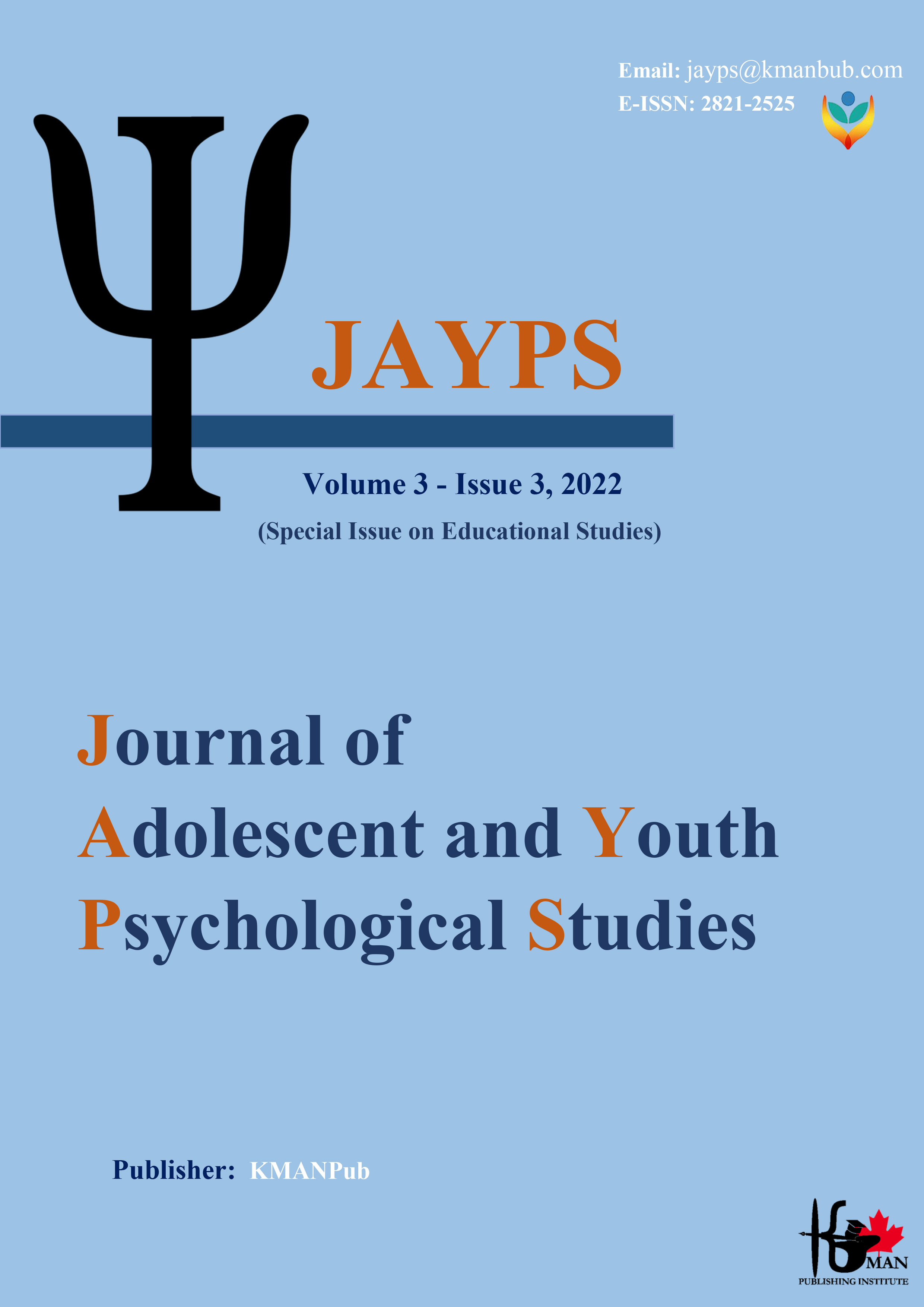Developing a conceptual framework for critical thinking disposition in graduate students: A qualitative study from the point of view of experts
Keywords:
Compilation of conceptual framework, tendency to critical thinking, executive functions, learning style, higher educationAbstract
Background and Purpose: Critical thinking is a topic that lurks behind most of the questions that are raised about higher education and professional development, Therefore, it is necessary that it should be nurtured during education and the space to acquire it in the educational system should be given attention, so that the graduates, in addition to specialized knowledge, also acquire the ability to reproduce and improve science. The purpose of this study is to investigate the views and experiences of Iranian experts about the influential components in increasing the tendency to critical thinking in higher education students. Research method: The present research has examined and formulated the conceptual framework of tendency to critical thinking in post-graduate students. The type of research is fundamental-theoretical with a qualitative approach. The statistical population of the research is experts in various fields, who are active in the field of critical thinking. The purposeful selection of these experts was done by snowball method, eleven people were selected and interviewed. To collect data, a semi-structured and open-ended interview was used about the factors affecting the tendency to think critically. The interviews were mostly verbal (except for one case where they answered in writing). Done. Findings: The data analysis showed that among the primary indicators obtained from the research background (emotional regulation, boldness level, moral intelligence, and wisdom), two indicators of moral intelligence and wisdom were not approved by the experts, and among the approved variables, and they were given the highest priority. The variable of emotional regulation has. Conclusion: Four variables of questioning spirit, communication skills, boldness and emotional regulation were extracted from the text of the interviews and added to the conceptual framework.
Downloads
Downloads
Published
Submitted
Revised
Accepted
Issue
Section
License

This work is licensed under a Creative Commons Attribution-NonCommercial 4.0 International License.









